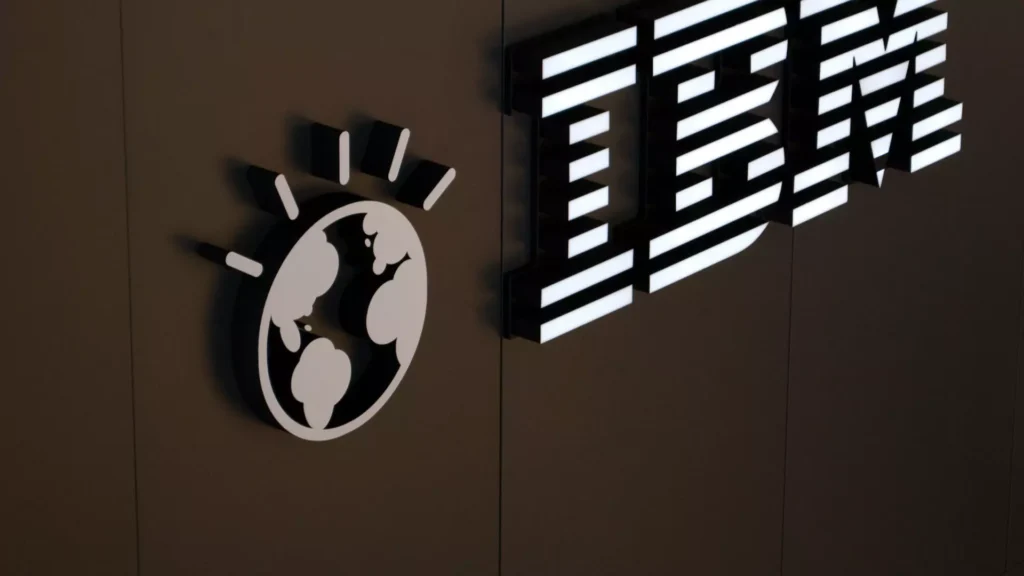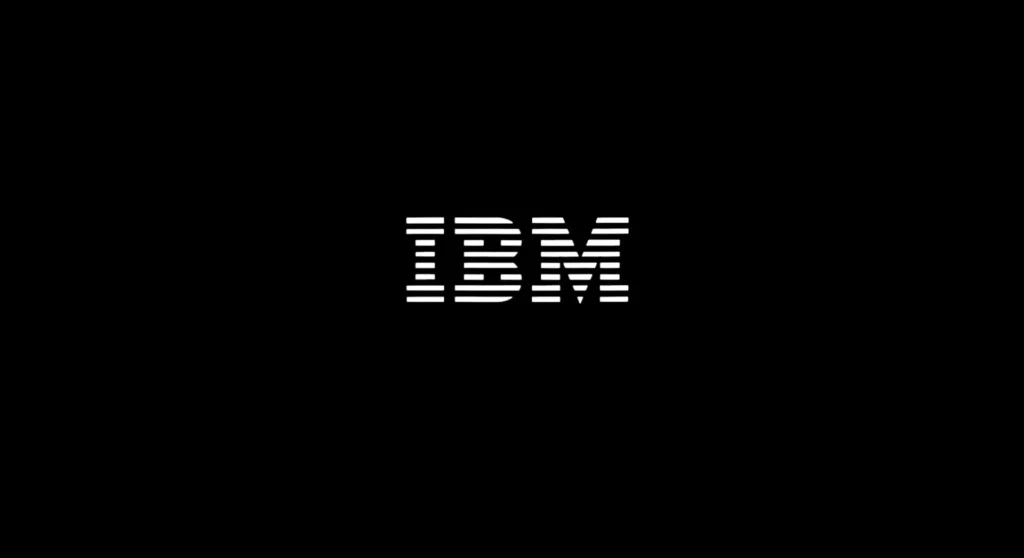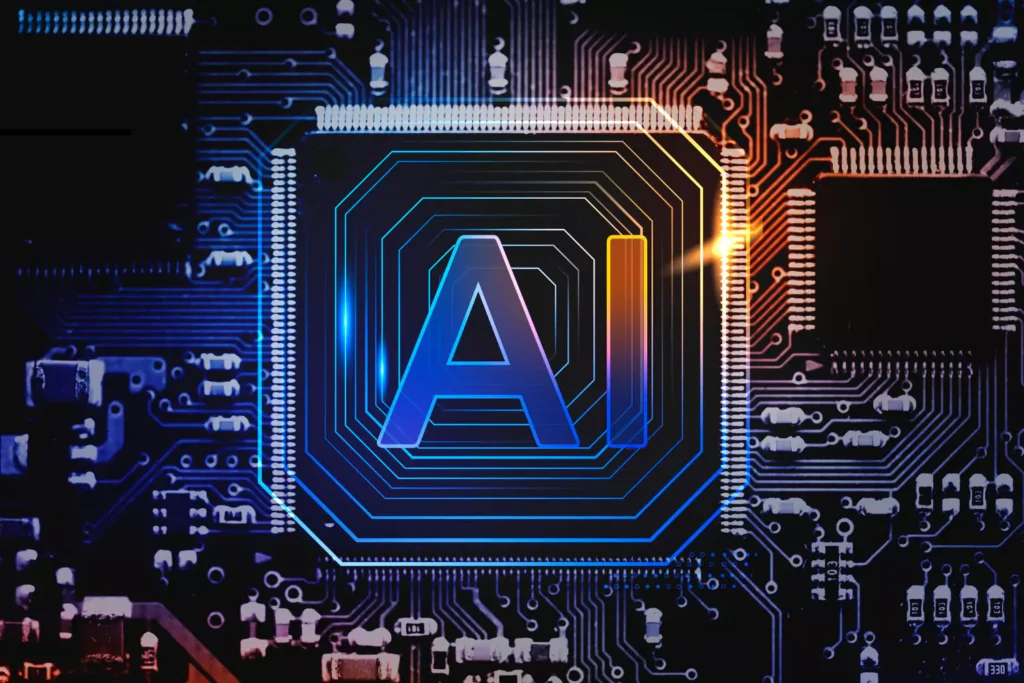IBM stock nears all-time high-and it may have something to do with its CEO replacing as many workers with AI as possible. The stock of IBM, commonly referred to as “Big Blue” by investors, is on a tear and is close to the all-time high. The surge in the stock price has caught the financial world’s attention.
IBM’s CEO, Arvind Krishna, is spearheading this initiative, launching a bold strategy focused on Artificial Intelligence (AI), known as the Arvind Krishna AI strategy. This heavy emphasis on AI has ignited an important debate about the advantages and disadvantages of AI in the workplace.
Table of Contents

Advocates of Krishna’s approach argue that AI integration will help IBM position itself for the future by increasing efficiency and productivity. On the other hand, critics fear displacement of human employees, raising questions about job stability (AI in workforce advantages and disadvantages).
IBM’s Transformation Journey
From Hardware Giant to Cloud Contender:
In the past, IBM was mainly known for manufacturing hardware such as mainframe computers. However, in the last few decades, the company has changed its focus from manufacturing hardware to cloud computing. The company shifted its focus from hardware to business services. This shift, while initially challenging, paved the way for the company’s future growth. IBM’s cloud computing strategy
It wasn’t all smooth sailing. As IBM pivoted, the stock price took a bit of a nosedive (IBM stock drop). This period showed the need for a bold and innovative strategy to move the business forward.
Arvind Krishna is the CEO of IBM and was appointed in 2020. He has a vision for the future and has put AI at the center of the company’s strategy. This has sparked a debate about how AI will affect the workforce and overall success of the company.
Introducing Arvind Krishna, the CEO of IBM. Meet Arvind Krishna: a new vision for the future Arvind Krishna, CEO of IBM, was appointed in 2020 and has been leading the company ever since.
AI Reshaping the Workforce
Rise of the Machines: Artificial Intelligence (AI) is rapidly changing the way we work in every industry. From automating tedious tasks to analyzing massive amounts of information, AI is making a name for itself.
AI’s Double-Edge Sword: While there is no doubt that Artificial Intelligence (AI) brings many benefits to businesses in terms of increased efficiency and productivity (AI benefits to businesses), there is also a lot of concern about AI’s potential displacement of jobs. Many people worry that as AI takes over tasks that are currently done by humans, there will be significant job losses.
AI proponents argue that while there will be a loss of jobs, there will also be new jobs. These jobs are likely to come in a variety of forms, and will focus on the areas where AI is weak, such as creative, critical thinking and social intelligence.

IBM’s AI Strategy and Workforce Impact
- Krishna’s Bold Move: Arvind Krishna’s vision is based on the strategic integration of AI across all areas of IBM’s business, including automation, data analytics, and even product and service development.
- Evidence of Change: However, there is evidence to support the notion that AI is actually replacing human employees in some areas at IBM. For instance, AI-driven tools could take over tasks such as data entry and customer service queries that were traditionally performed by human employees.
- Expert Opinions Divided: The effect of Krishna’s AI strategy on workforce and the company’s stock price is a subject of intense debate. Some experts claim that AI is the reason for the stock price increase, claiming that it increases productivity and reduces costs. On the other hand, others claim that the stock price increase is due to the growth of IBM’s cloud business.
- Alternative Explanations: However, it’s important to note that there are other reasons for the surge in the stock price. Factors such as the growth of IBM’s cloud business and the company’s other initiatives could also play a role.

The Future of Work: Balancing AI and Humans
- Beyond Replacement: The Power of Collaboration: Most likely, the future of work will not involve the total replacement of humans by AI, but rather a partnership between humans and AI. Humans can work with AI by combining their strengths, such as creativity, problem solving skills and social intelligence. AI, on the other hand, can work with humans by combining their strengths such as high-speed processing and data analysis.
- Upskilling the Workforce: In order to succeed in this new world, it’s essential to equip your current workforce with AI skills. This could include training employees on new data analysis skills, AI literacy skills, and critical thinking skills.
- Ethical Considerations: Ethical considerations become even more important as AI continues to gain traction in the workplace. Bias in AI algorithms and job security implications are just a few of the issues that need to be addressed. Companies must implement AI in a fair and ethical manner, without discrimination, against any group of workers.
- Potential Regulations: The rapid adoption of artificial intelligence (AI) has sparked a debate about government regulations on its use in the workplace. Such regulations could include fairness, transparency and accountability in the utilization of AI for tasks such as hiring, performance measurement and job displacement.
Conclusion
The story of IBM’s meteoric rise and its AI journey is not yet over. The future of AI, its impact on employment, the company’s overall performance, and its ethical implications are yet to be determined. The battle between proponents of AI as a game-changer and those who worry about AI’s impact on employment will likely continue for years to come.
As AI continues to revolutionize the workplace, it’s essential for businesses and individuals to stay informed and adapt to the ever-evolving landscape. This could mean embracing lifelong learning, learning new skillsets, or being open to working with AI.
Acceptance of responsible and ethical use of artificial intelligence (AI) is a must for the future. It is the responsibility of companies, governments and individuals to use AI for good, for the benefit of businesses and employees.
Also Read:
- Eminem Announces New Album “The Death of Slim Shady (Coup de Grace)” Coming This Summer
- Megan Thee Stallion Faces Lawsuit from Former Cameraman
- EU Eyes TikTok Lite Suspension: Risks to Child Safety Examined
- Tattoo Artist Loses Copyright Case: LeBron James’ Ink in NBA 2K
- Rihanna Breaks the Internet: Iconic IG Profile Pic Replaced After 10 Years!
Popular Categories: